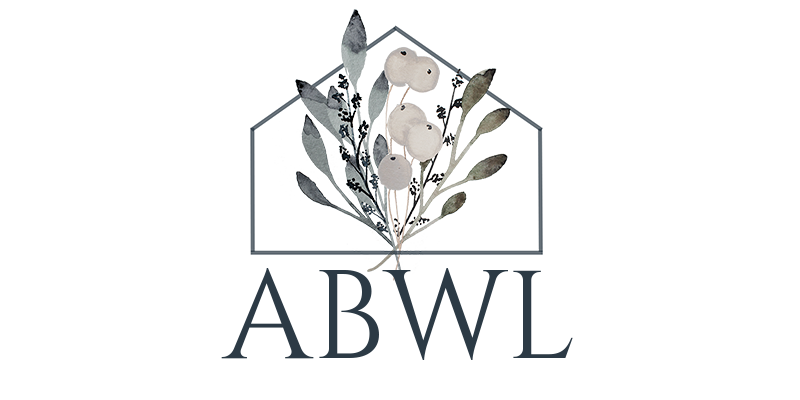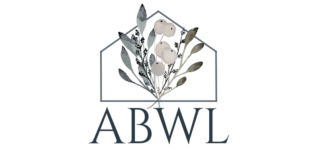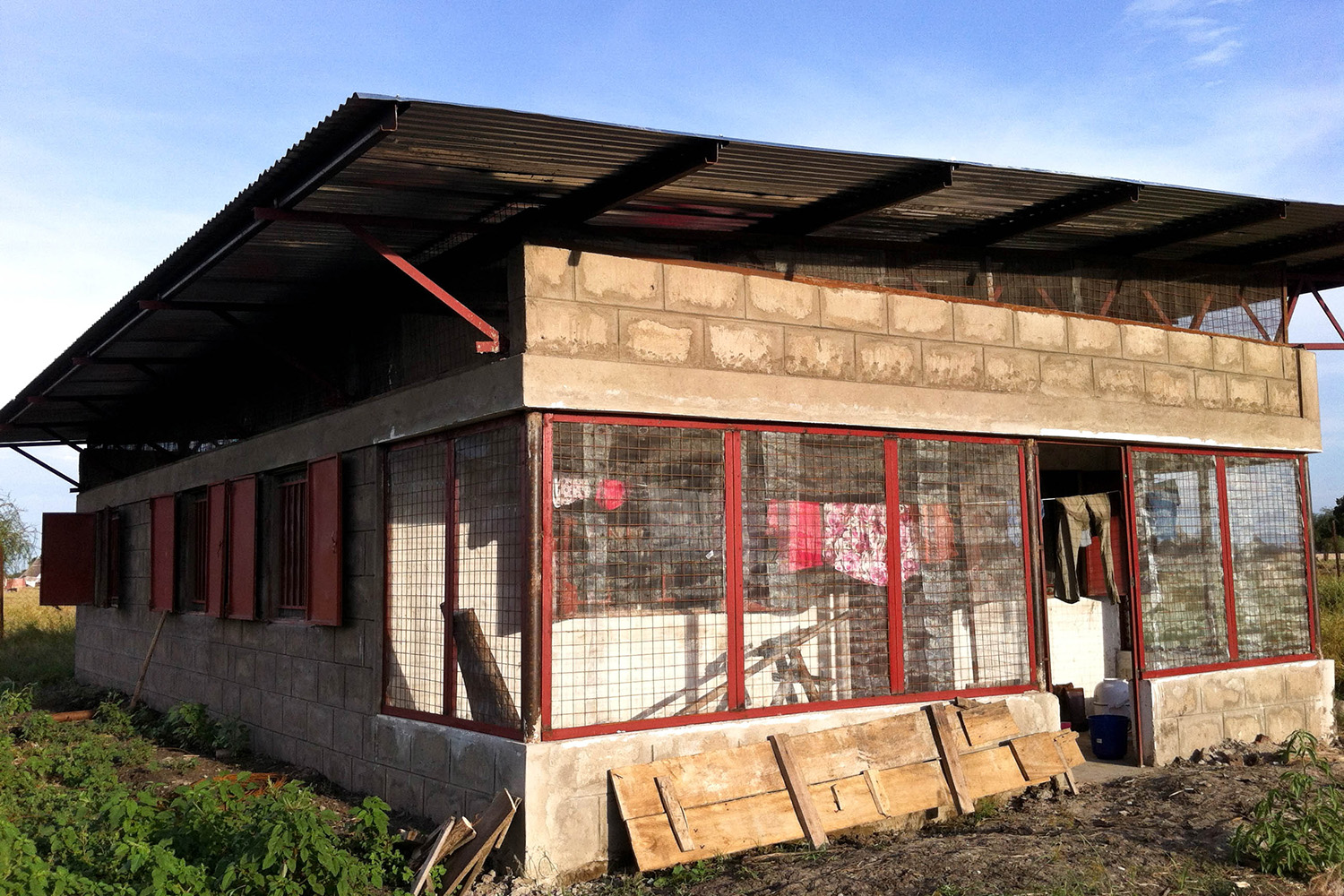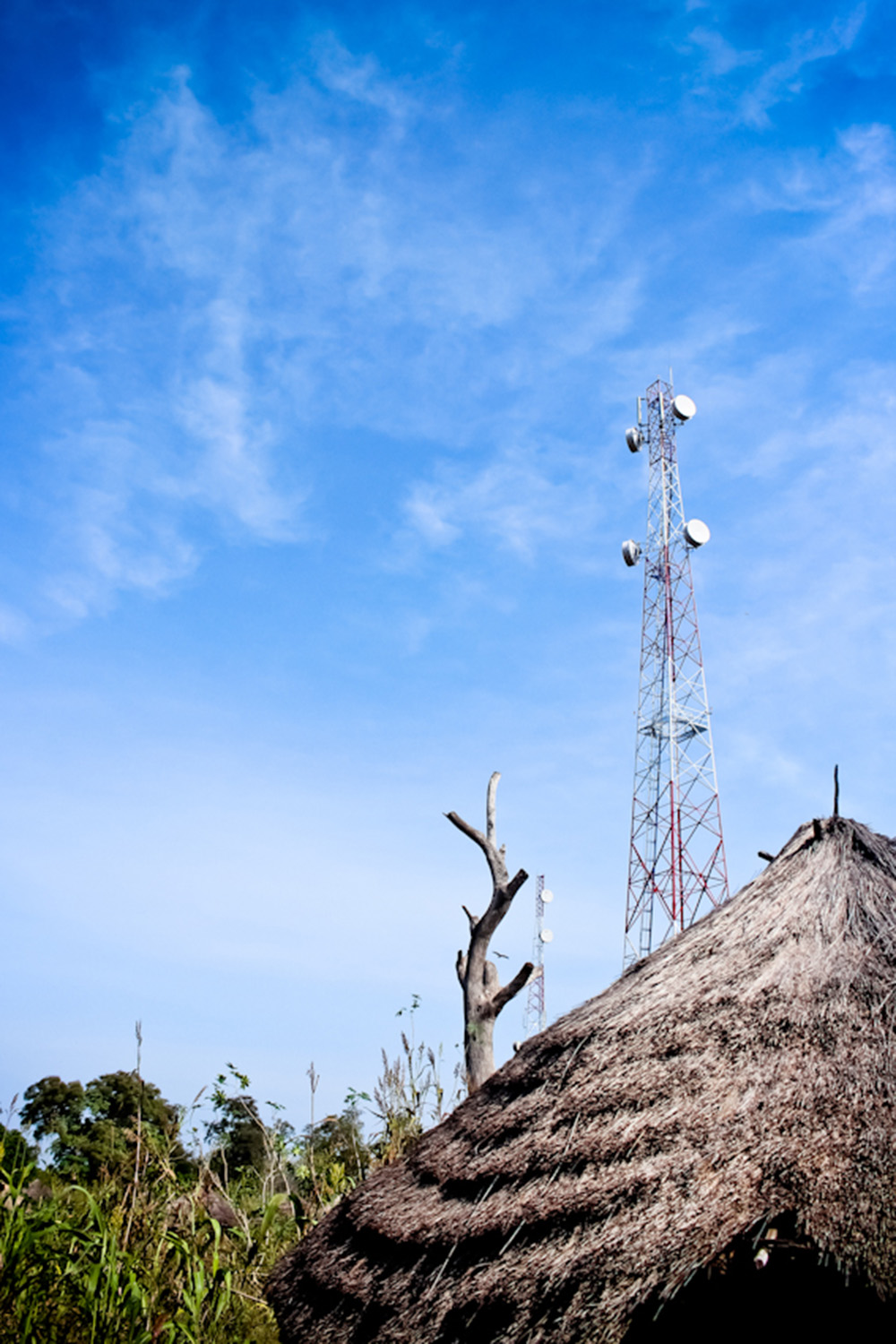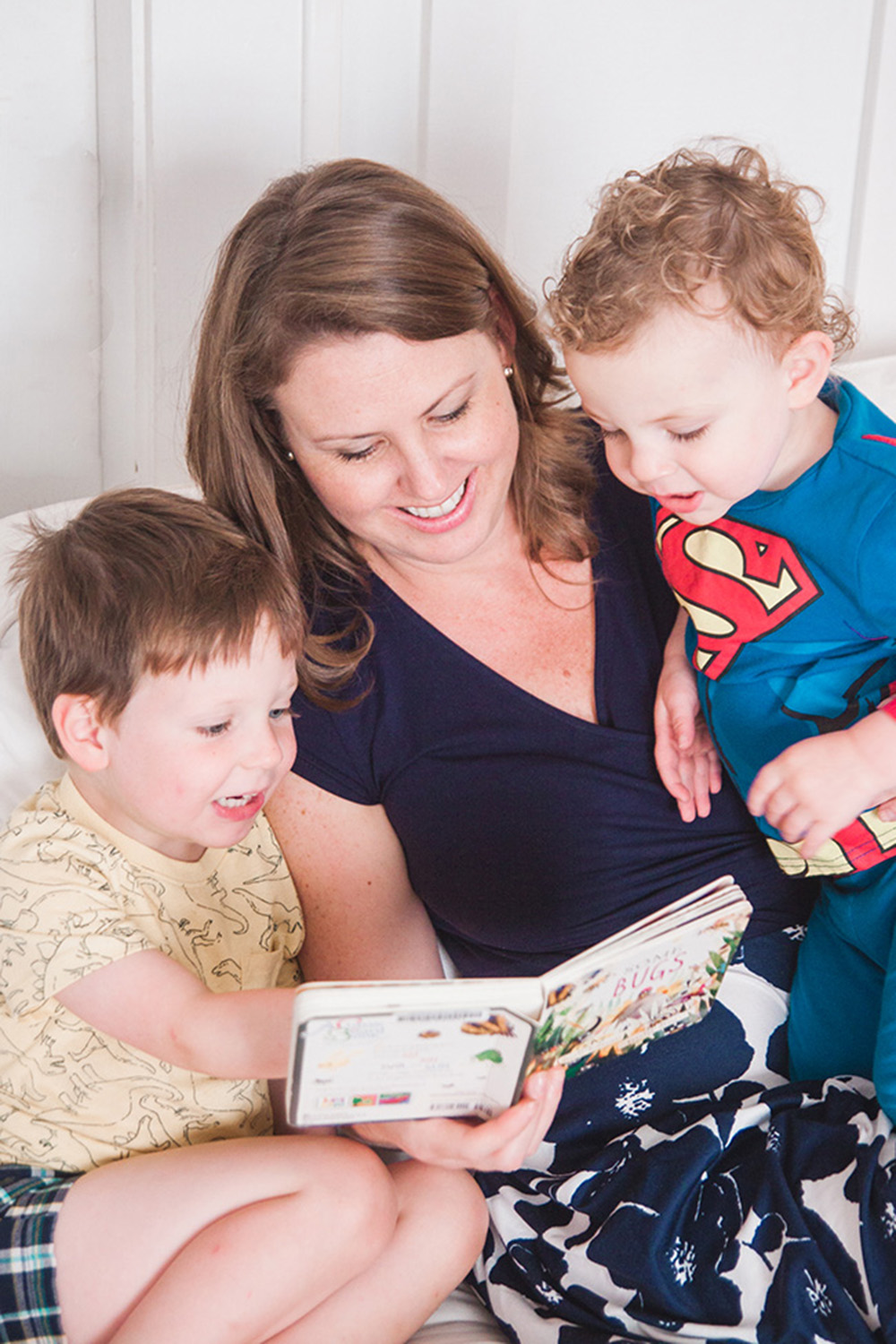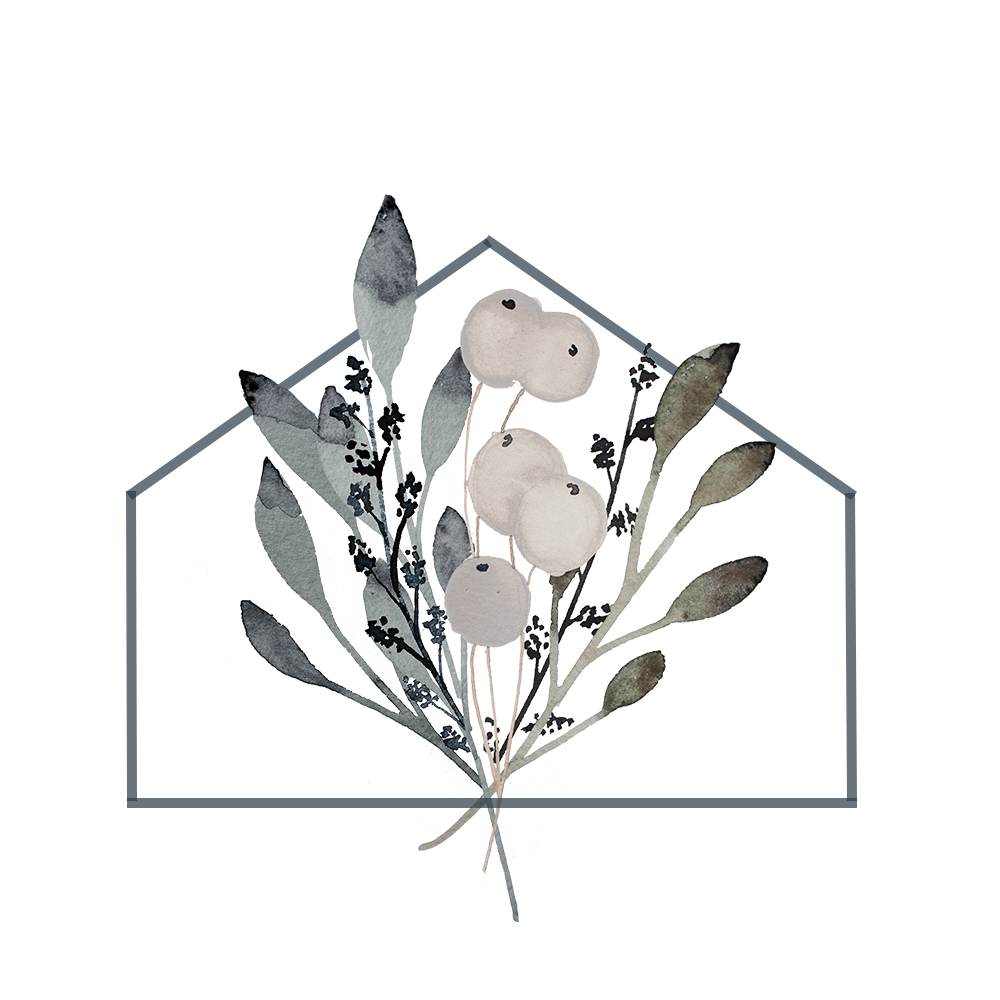let's be social!
Several weeks ago, I emailed Andrew (Aid Sudan’s trusty mission trip director and man who patiently answers all of my random questions) with questions about Tonj. Some places in Sudan are more…what’s the word…exposed. For example, finding information about Nasir, Sudan on the Internet was fairly easy last year, but Tonj is different. Most of what I found was about the weather…not helpful since I was looking for tribal information. I wanted to know what language to be practicing!
Andrew filled me in that the area is actually quite diverse. The region is inhabited by the Dinka, Luo, and Bongo tribes. I have had success in scouring the Net and finding websites that provide a decent number of words in both Dinka and Luo…Bongo is proving to be difficult.
Anyway, I have been practicing…and it still sounds pretty pathetic, but I’m hoping that I will get points for trying!
Here are some common Dinka phrases:
Hello- Kudual
How are you?- Looi ye dï
I am fine- Acïn kë rac
Thank you– Yin aca leec
Peace be with you- Dɔɔr abë tɔ kennë yïn
White person- Khawaja
Additionally, while in Kampala, I want to be able to at least greet people in their native tongue, which is primarily Luganda. Oiy! Here are some Luganda phrases…
Hello- Ki kati
How are you?- Oli otya
I am fine- Gyendi
Thank you- Weebale
Goodbye- Weeraba
White person- Mzungu (not so much that I’ll need to say it, but I’ll certainly hear it a lot)
The challenge is not only remembering these words and phrases, but also being able to accurately pronounce them. All of these languages are tonal, meaning that speaking with an accent or mispronouncing vowel sounds will change the word completely. I learned with our refugee family that tablu (very short ‘u’ sound) means thank you, while tablue (longer, but not much, ‘ue’ sound) means crazy. I have no idea how many times I called them crazy when I truly meant to thank them…luckily they were forgiving.
I just hope that those in Sudan and Uganda find my attempts endearing rather than insulting!!
